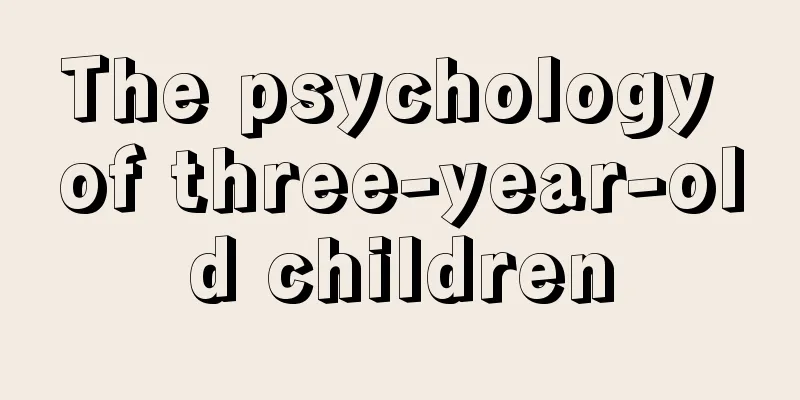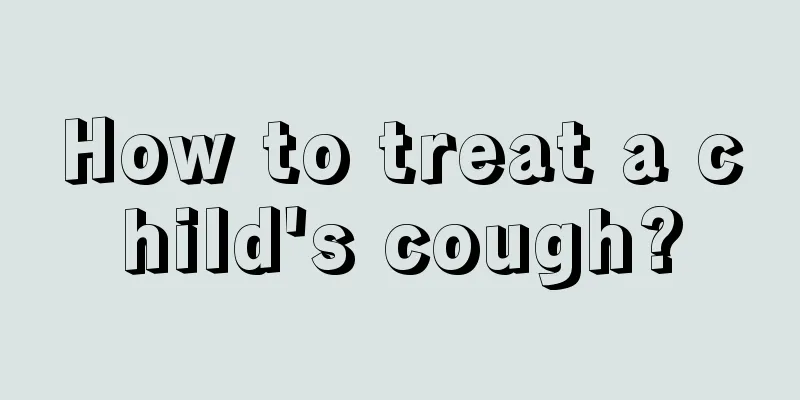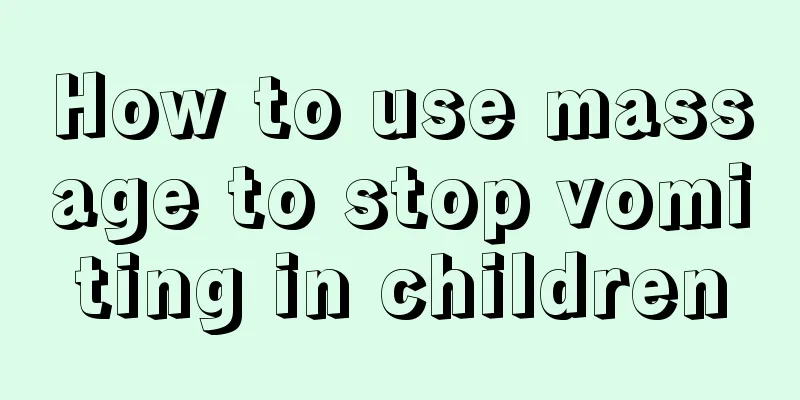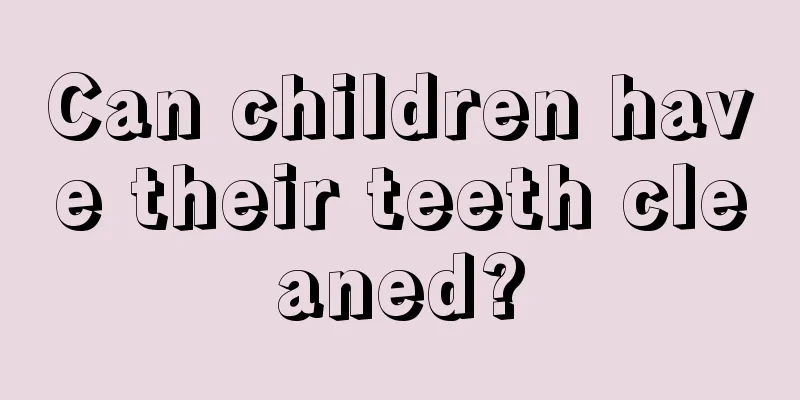What are the symptoms of chickenpox?
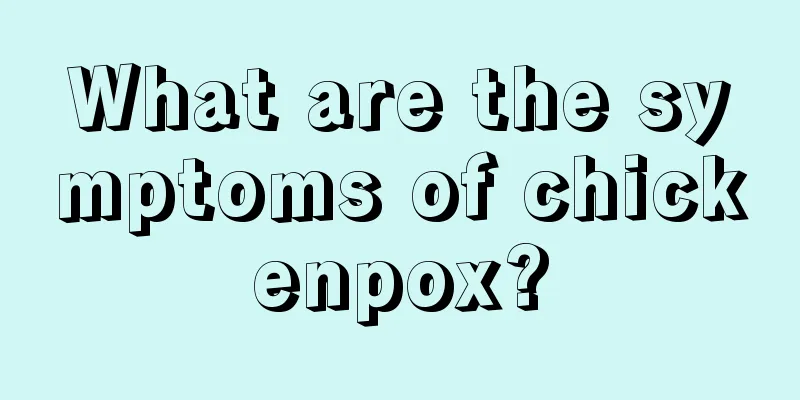
|
Chickenpox is an infectious disease. Its main source of infection is the herpes zoster virus, which is transmitted through the respiratory tract and direct contact with patients. The high-risk group for chickenpox is infants and young children, especially in spring, which is the peak period for chickenpox. However, in some families, children have chickenpox without their parents knowing it. Let's take a look at the specific symptoms of chickenpox. Parents should pay attention! Symptoms of Chickenpox Chickenpox is usually accompanied by symptoms such as headache, general fatigue, and fever. A rash appears within 24 hours of onset, followed by round, tense blisters ranging in size from rice grains to mung beans. 1. After the varicella virus infects a child, after an incubation period of about 2 weeks, the child will show early symptoms such as fever, headache, physical discomfort, loss of appetite, etc. The symptoms at this time are very similar to a cold, so mothers should be careful to distinguish them. Once children show cold symptoms in spring or winter, mothers are advised to give their children cold medicines, because anti-cold medicines in the early stages of chickenpox also have a certain effect on chickenpox. However, if you find that your child is not suffering from a cold but is showing signs of chickenpox, you should take the child to the hospital for treatment as soon as possible. 2. After the above symptoms appear, papules, blisters and scabs will appear on the skin in batches. Within a few hours or a day, characteristic papules will slowly appear on the child's skin. Initially, only small red spots like mosquito bites appear on the abdomen or back, and there are usually only 1-2 of them. After a few hours, they develop to the wrists and legs, and some of them turn into blisters (at this time, the blisters also grow from the size of millet grains to the size of mung beans). 3. 24 hours after the rash appears, red spots and blisters will appear on the baby's face, back, abdomen, limbs and other places. Some of them will begin to form scabs, which will last for about a week before the scabs fall off. The rash is most common on the trunk, followed by the head and face, less common on the limbs, and even less common on the palms and soles. It looks like three types of rashes coexist. 4. Around 14-17 days after being infected, fever symptoms of around 38°C begin to appear and last for 1-2 days, accompanied by symptoms such as headache, runny nose, and cough. |
<<: What should I do if my child has blackheads on the tip of his nose?
>>: What are the symptoms of white spot in children
Recommend
What should I do if my child's teeth become loose?
It is the nature of children to be playful and ac...
Is it normal for a child to change teeth at the age of 6?
It is a normal physiological phenomenon for child...
The child said his face hurt but there was no visible swelling
Every child is innocent and lively. They often st...
What to do if a child has red bumps on his body
The physical health of children is what parents c...
What to do if your eight-month-old child has cold hands and feet
Many children nowadays are not as healthy as befo...
How to make a teething stick for a baby?
Every mother will buy a teething stick for her ba...
Treatment of infant cough and retching
Nowadays, many babies cough and retch, which is r...
Why does the back of the child's head hurt?
Why does the back of the child's head hurt? W...
Causes of cowardice and inferiority complex
In the process of taking care of their children, ...
What should I do if my baby has ringworm on his scalp? Mothers should learn these measures
Many babies have some white skin on their heads, ...
Can children have nosebleeds when they have a cold?
Normally, if children do not keep warm, they will...
What material is good for baby bottles?
For mothers with babies at home, the most concern...
What to do if your child is frequently constipated
In fact, we know that once a child is constipated...
Why does the baby scratch his head when sleeping?
Since each baby's living environment and habi...
What to do if a child has red spots on his body
The physical health of children is what parents c...
